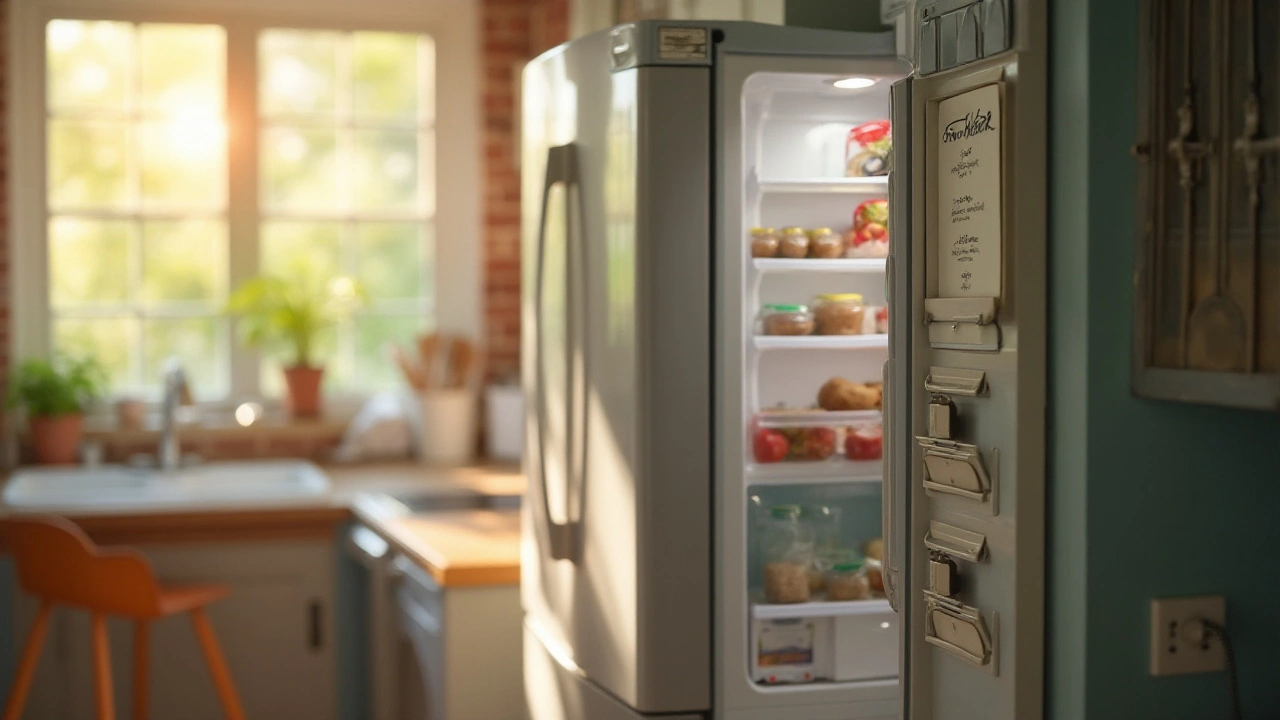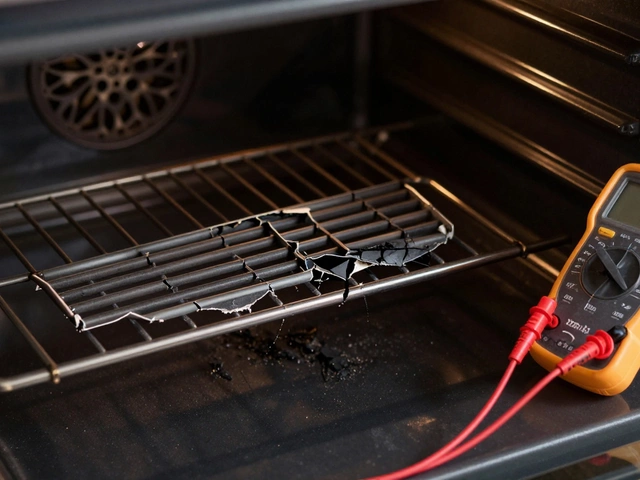Refrigerator Lifespan: How Long Do Fridges Really Last?
Most people think a fridge will work forever, but the reality is different. On average a modern refrigerator lasts 10 to 15 years. Some well‑maintained units push 20 years, while cheaper models may give up after just 8 years. Knowing the typical lifespan helps you plan repairs or a replacement before you’re left with warm food.
Factors That Affect a Fridge’s Life
Several everyday things can speed up wear and tear. The compressor is the heart of a fridge – when it works hard, it ages faster. Dirty condenser coils force the compressor to run longer, cutting years off the unit. Door seals that are cracked or loose let cold air escape, making the fridge work overtime.
Temperature settings also matter. Setting the fridge too cold (below 2°C) or the freezer below –18°C makes the motor cycle more often, which adds stress. Finally, power surges and frequent moving of the appliance can damage internal components, especially if the fridge isn’t given time to settle before plugging it back in.
Tips to Keep Your Refrigerator Working Longer
Start with a quick coil clean every six months. Pull the fridge away from the wall, vacuum the coils, and wipe away dust. This simple step can improve efficiency and lower the compressor’s workload.
Check the door gaskets regularly. Close the door on a piece of paper – if you can pull it out easily, the seal is weak and needs replacing. Tight seals keep the cold in and the motor from over‑working.
Keep the temperature dial in the middle range. Most fridges run best at 3‑5°C for the fresh food compartment and –18°C for the freezer. Avoid the temptation to make it colder just because you like ice cubes.
Don’t overload the shelves. A packed fridge blocks airflow, so the motor must run longer to keep everything cold. Leave a little space for air to circulate, especially around the back where the coils sit.
If you notice the fridge rattling, making odd noises, or the temperature fluctuating a lot, call a professional early. Catching a failing compressor or a broken fan before it blows up can save you from a costly full replacement.
When repair costs start to hit the same amount as a new fridge (usually around £400‑£500), it’s worth comparing the energy efficiency of a new model. Newer units use far less electricity, which can offset the upfront cost over a few years.
In Hinckley, the climate is moderate, so you don’t need a heavy‑duty unit. A standard 250‑litre fridge with good maintenance should easily see 12‑14 years of service. Keep a record of purchase date and any service visits – it helps you track the age and decide the right time to replace.
Bottom line: regular cleaning, proper temperature settings, and quick attention to odd sounds will stretch your refrigerator’s lifespan. When the time comes to replace, choose a model with a good energy rating to keep future bills low and the environment happy.
22 November 2024
·
0 Comments
Refrigerators are essential household appliances, and their longevity is a crucial consideration for homeowners. This article explores the average lifespan of a refrigerator and the factors that influence it. It also delves into how proper maintenance can extend their life, the signs to look for when a replacement might be due, and tips for choosing a new fridge. Homeowners can gain valuable insights into maximizing the efficiency and longevity of their refrigerator through practical tips and advice.
Read more






